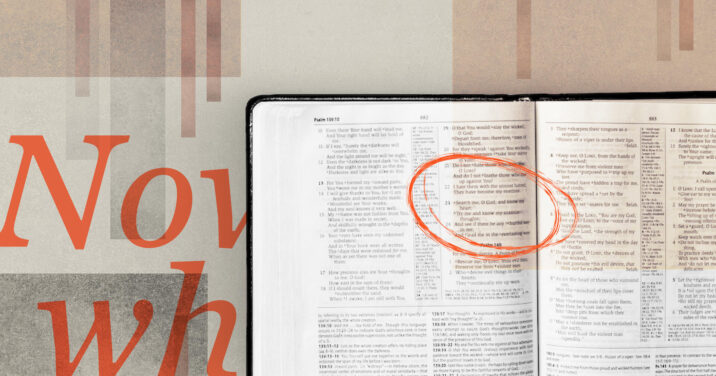In the 66 books that constitute the word of God, Christians have every divine word they need for life and godliness. But studying the Bible can be a daunting task.
Depending on what part of Scripture you are studying, there are somewhere between 1,900 and 3,400 years between you and the author. There is a real cultural distance between nomadic shepherds in 1800 BC and software developers in the 21st century.
Scripture also contains different types of literature, some of which are more or less familiar to today’s readers (history, personal letters) and some of which are rather different from anything on today’s bestseller lists (law, poetry, songs, wisdom literature, prophecy, and what’s called “apocalyptic”—like Revelation). If you don’t know what “rules” govern the interpretation of a given kind of biblical literature, Bible study can be—well, daunting.
But see paragraph one: you need these words. They’re God’s words. The study is worth it.
Tools and Tips for Bible Study
There are many good tools out there to help you in your study of the Bible. One of the first things to do is to pick a good English translation, maybe even a study Bible. Talk to your pastor about which one(s) your church uses and recommends.
I also use Logos in my personal Bible study. Within a few clicks, I have access to a host of digital Bible dictionaries, atlases, commentaries, and other resources. Let me say a brief word about these kinds of resources (which you can also get in print, of course):
- Bible dictionaries will help you to look up definitions of concepts in biblical passages. The Lexham Bible Dictionary is worth having; so is the series of dictionaries put out by InterVarsity Press (often called the “black dictionaries” because of their covers), such as the New Dictionary of Biblical Theology.
- A good Bible atlas can give you an idea of what and where the biblical lands were that you are reading about. The New Moody Bible Atlas by Barry Beitzel is a good place to start.
- Throughout the Church’s history, the Lord has raised up faithful Bible teachers to teach the word of God. Commentaries that explain Scripture carefully are a gift of God to the church. Bestcommentaries.com is a great place for recommendations appropriate to your needs.
Start Reading and Studying God’s Word
Whatever stage you are at with your Bible reading, I want to encourage you to read your Bible daily, pray, and get reliable study resources. And I want to leave you with a quote from John Newton that should reflect our desire as we study and learn more of God’s word:
Let us aim at a humble spirit: let us reflect often on the majesty and grandeur of the God we serve: let us adore his condescension in favouring us with a revelation of his will: let us learn to consider the word of God and the wisdom of God to be the same thing: in a word, let us be diligent to know ourselves, our sinfulness and ignorance; then we shall no longer read the Scriptures with indifference or prejudice, but with the greatest reverence and attention, and with the most heightened expectation.1
***
This article was originally published in the September/October 2021 issue of Bible Study Magazine. Slight adjustments, such as title and subheadings, may be the addition of an editor.
Related articles
- How to Study the Bible: 9 Tips to Get More Out of Your Study
- 10-Day Bible Study Challenge: Live in the Word with Logos
- The Definitive Guide to Bible Commentaries: Types, Perspectives, and Use
Related resources
- John Newton and Richard Cecil, The Works of John Newton, vol. 2 (London: Hamilton, Adams & Co., 1824), 327–328; English lightly modernized.







